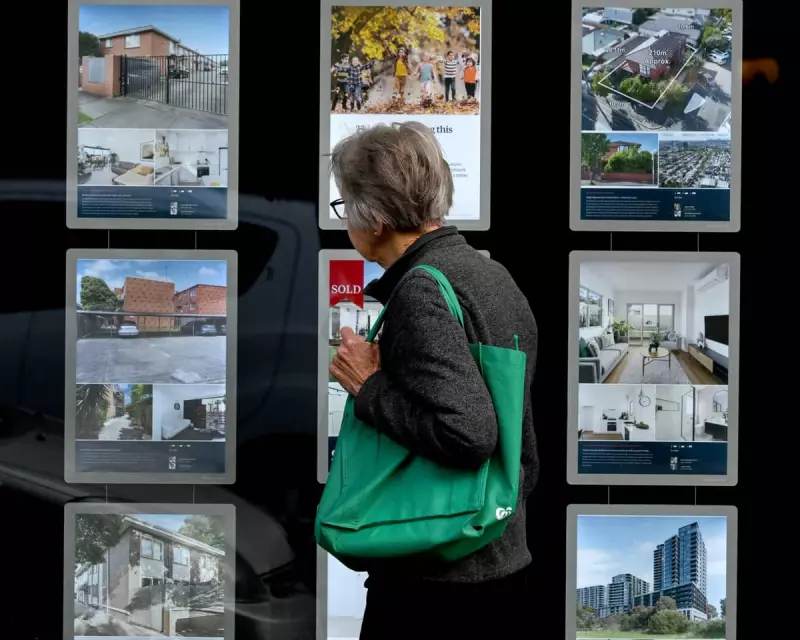
In a landmark move for Australia's property sector, the Victorian government has announced it will introduce legislation forcing real estate agents to publicly reveal a property's reserve price before it goes under the hammer.
A Nation-First Crackdown on Deceptive Practices
The Allan government confirmed on Thursday that it will bring the nation-first laws to parliament next year. Under the sweeping reforms, agents will be legally required to publish the owner's reserve price at least seven days before an auction or a fixed-date sale.
Agents who fail to disclose the reserve within this seven-day window will be prohibited from proceeding with the auction or sale altogether. This strict measure targets the pervasive issue of illegal underquoting, an industry tactic where agents advertise a property for less than its estimated selling price or the vendor's actual asking price to attract more potential buyers and artificially inflate competition.
Ensuring Fairness for Young Victorians and Families
Victoria's Consumer Affairs Minister, Nick Staikos, stated that the government's primary goal is to ensure fairness in the housing market. He emphasised that the practice of underquoting disproportionately harms specific groups.
"Underquoting isn't fair and it's young Victorians and families paying the price," Minister Staikos said in an official statement.
This legislative push follows a Guardian Australia analysis from last year, which shed light on the prevalence of underquoting across the country. The analysis, which defined underquoting as a final sale price exceeding the pre-sale price guide by more than 10%, found the problem was most acute in Sydney and Perth.
The research also revealed that the mismatch between advertised price guides and final sale prices was more significant for houses than for townhouses or apartments and was far more likely to occur in auction sales compared to private treaties.
Stricter Guidelines and Hefty Penalties for Non-Compliance
The proposed laws represent the second phase of a broader crackdown. Earlier this month, the Victorian government introduced stricter guidelines governing how agents select comparable properties to determine a home's price guide.
These guidelines mandate that agents must use the most appropriate local comparable sales, factoring in elements like the dwelling's age and any significant renovations. Consumer Affairs Victoria now has the power to request evidence from agents showing how they selected their three most comparable properties, with penalties applying for non-compliance.
In Victoria, agents caught underquoting already risk substantial fines of over $11,000 for each breach, or penalties exceeding $38,000 under the Estate Agents Act. The new laws will add another layer of enforcement and transparency.
Other states are also taking action. Just last week, the NSW government announced new rules requiring price guides on all advertising and a statement of information to back up estimated prices. In New South Wales, agents can be fined up to $22,000 and lose their commission for underquoting.
However, despite these existing regulations, Graham Cooke, Head of Consumer Research at Finder, has previously cautioned that such measures have not always been effective, and the practice of underquoting has persisted in the market.





